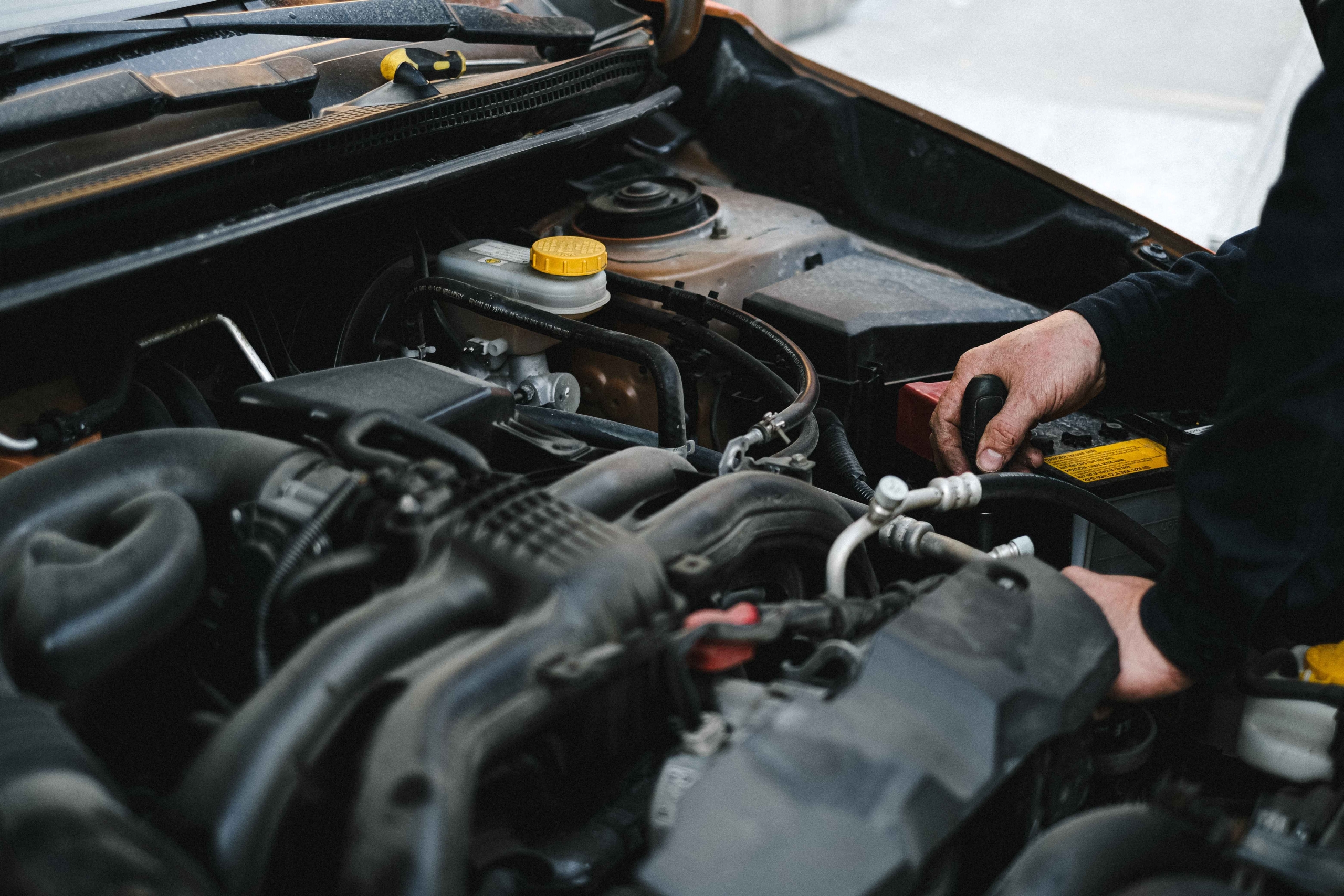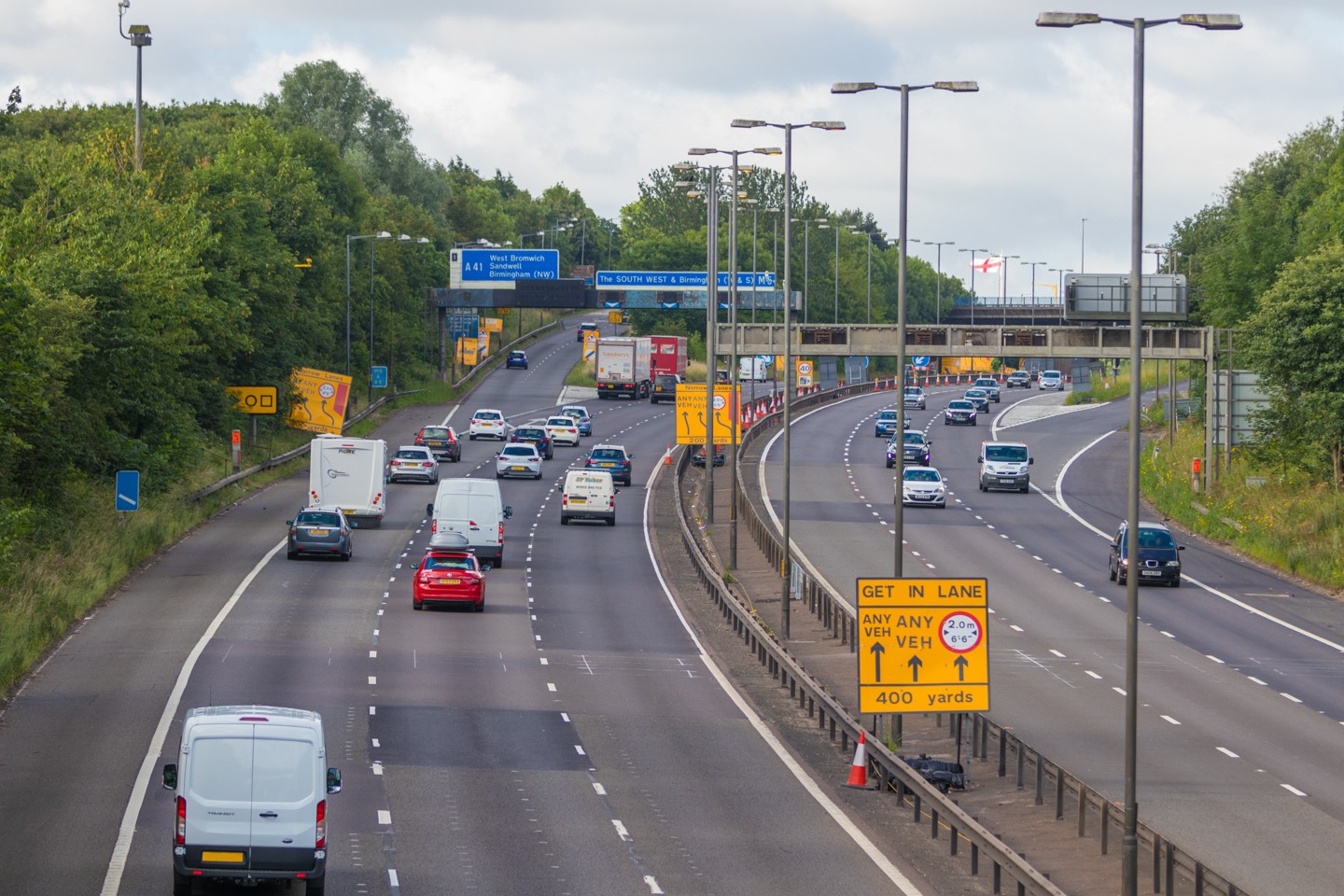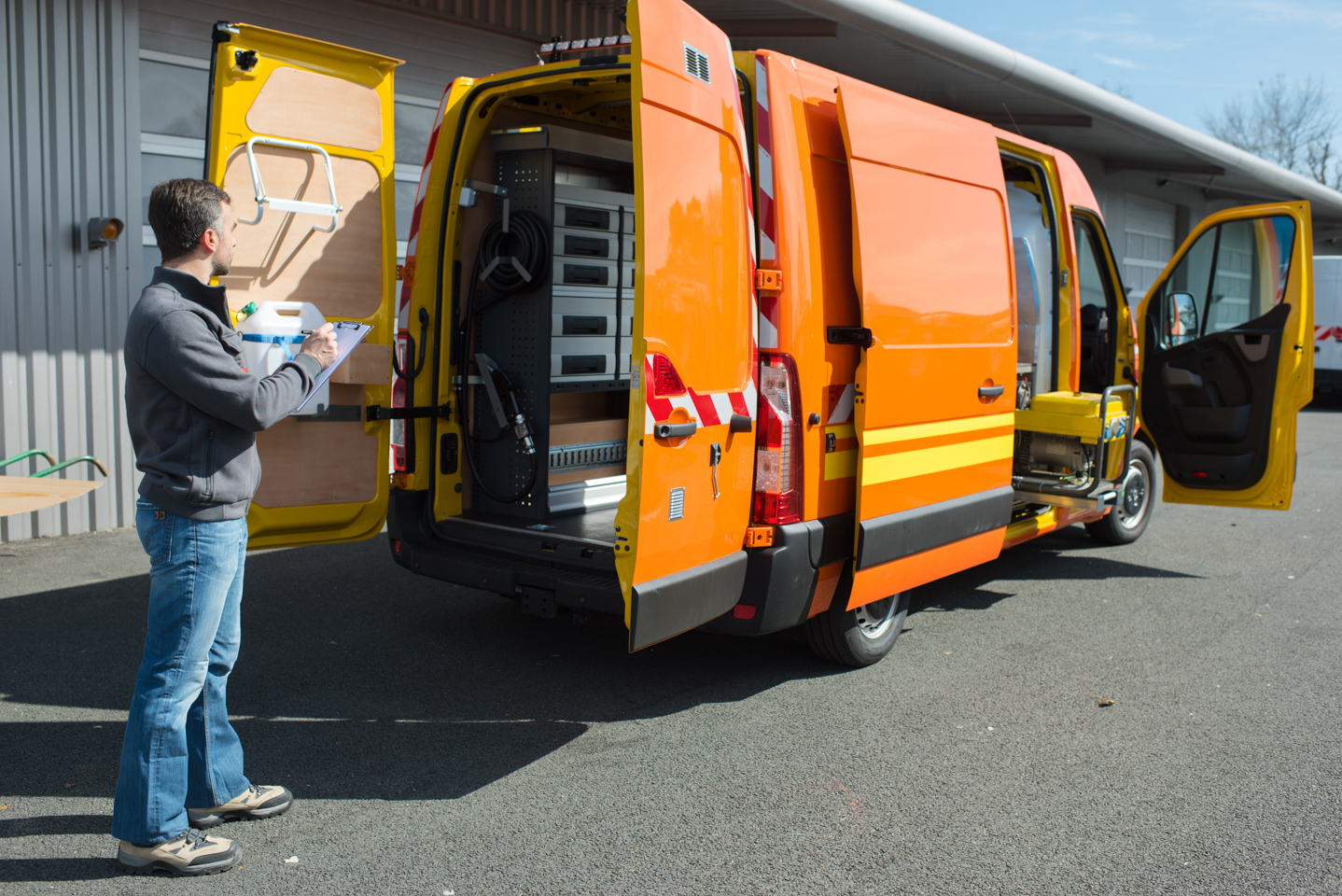What’s that coming over the hill, is it a monster? Nope, it’s an overheating van. Which can be pretty monstrous – and scary if you don’t know what’s going on. Seeing a load of steam rising up from your bonnet is a real frightener, so it’s a good idea to familiarise yourself with what could be wrong. Knowing what might be going on in advance is great and can even help you keep the billowing bogeyman of steam at bay.
Why is my engine overheating?
If your engine’s getting hot under the collar, it could be for a number of reasons. It may be as simple as soaring temperatures not playing nice, but it could be a sign of a serious problem with your van. Read on for some more info on what might be happening, and how you can fix the issue.
You need cooling
Baby, I’m not fooling, you may just need to get back to schooling and give your cooling system a whole lotta love. Your engine uses liquid coolant to regulate its temp, which needs to be at the right level to operate at the right pressure. To check this, you need to turn off your engine, let it cool down for a bit and check the level by removing the radiator cap. You should feel a slight release of pressure, while the fluid should be within the parameters of the gauge. Easy.
You’ve got no fan
If your van’s cooling fan goes, your engine’s got no grounds to keep itself at a steady temp when travelling at low speeds. You can spin the fan by hand to check how it’s moving. If there’s a lot of resistance or you hear some unpleasant noises, it’s probably broken and needs replacing.

Not rad when it’s blocked
Blocked radiators can be caused by external things like dirt and debris working its way in. This stops your rad getting a nice, free flow of air. It can also be blocked internally, which you might be able to see by removing the radiator cap and shining a torch in. No excuses here, we’ve all got a torch on our phones these days. Your rad may also be blocked because of leaky coolant, so you’ll have to sort this out to get things working tickety-boo again.
Thermostat’s the way, uh-huh, uh-huh, I like it
Uh-huh, uh-huh. You try singing that without finishing it off. Anyway, your engine relies on a thermostat to operate at the right temperature. If it’s stuck, the engine will think it’s already cool enough, so you won’t have enough coolant running through the radiator. A tell-tale sign of a bad stat is hearing a banging sound, which you get when hot and cold coolant clashes in the rad. This often happens within 20 minutes of starting your engine.
No one likes a bad pump
Coolant is pushed through your engine and radiator by a pump. The rotating part of this can fail over time, while their seals can also leak. This causes a squealing or grinding noise, with both problems meaning you’ll have to replace the pump.

Head’s gone
Bad pumps can make you lose your head, but probably not as much as if you blow your head gasket. This is a common problem when it comes to overheating engines, breaking the tight seal between your van’s cylinder head and combustion block. Sounds a bit technical? Don’t worry, it’s pretty obvious when the gasket’s gone, especially to the trained eye. Strange noises are a sign you can pick up on yourself, but unfortunately, repairing head gaskets can get expensive, and can only be done a certain number of times.
Sure it’s the engine?
Sometimes we can be conditioned to think the worst when things go wrong with our ride. Seeing steam rise from under the bonnet can quickly make some come out of our ears too. However, it may not necessarily be your engine that’s gone kaput. It could be something like a shock absorber leaking hydraulic fluid onto your brakes, which should be a much cheaper fix than a blown head gasket.
Prevention is better than cure
That old chestnut, huh. But the old adage rings true here. From parking in the shade on hot, sunny days, to regularly checking your coolant level and keeping an eye on your temperature gauge, you can also keep your van’s temp down by opening windows to get rid of warm air. You only need to flush and clean your engine cooling system every 40,000 miles or so, but it’s always a good idea to have breakdown assistance in case you need help.
If your engine does overheat, two quick steps you can take are to turn off your air con and open your windows. Turning on your heater and blowers can help to move heat from the engine to the cabin, but if it’s warm outside it’s not always a great option.
If you’re sitting in traffic, try sticking your van in neutral and giving your accelerator pedal a few revs. This can cool the engine by sucking more water and air through the radiator. You may find that pulling over is the best step to take though. Lift up your bonnet and wait for things to calm down. If they don’t, or if you’re really worried, find your nearest garage or get on the blower to your roadside assistance and pray they get to you pronto.





